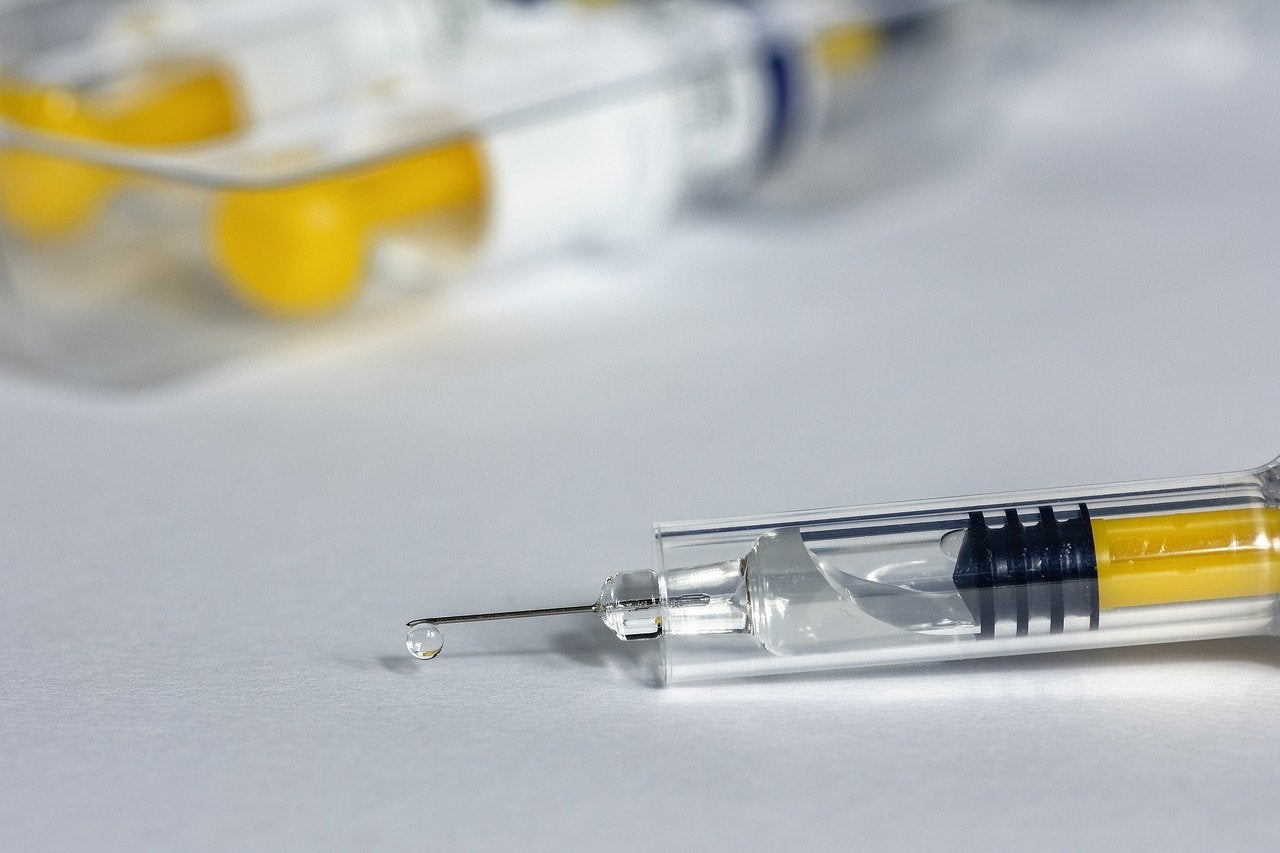
On 11 August it was announced that the proposed acquisition of home and personal care company Amedisys by healthcare giant UnitedHealth Group would be paused after the Department of Justice (DOJ) requested further information from the companies.
The deal, announced in late June, valued Amedisys at $101 a share, a roughly 10% premium on its closing price at the time of the agreement. It is one of a spate of acquisitions by UnitedHealth, which has been making moves into the home health market for some time.
In February, the company acquired LHC Group, another player in the field, for $5.4bn. This deal also faced scrutiny from regulators. The Federal Trade Commission (FTC) requested more information last June, extending the timeline of the deal by around six months but ultimately allowing it to happen.
The home health market is an increasingly lucrative one. As populations across the US, and the rest of the world, age, the demand for low cost, accessible care will only increase. As such, large insurers and providers are rushing to get a cut of the profits, often through pricey acquisitions.
Companies like UnitedHealth are asset rich – with its total current assets sitting at over $89bn – and it is looking at throwing the weight of that cash at smaller firms in order to increase their portfolio.
Last year it was finally able to buy healthtech company Change Healthcare for $13bn in a full cash deal, a 41.2% premium on the closing price of Change shares when the deal was announced the year before. These levels of premiums are necessary both to fight off competition – UnitedHealth jumped in with an offer for Amedisys after it had agreed to be bought by Optum just a month before – and because the companies being bought are highly successful in their own right.
With giants able to pay over the odds for market share in new sectors of the industry, the only way to prevent their expansion is regulatory oversight.
The fear of the DOJ is that the rapid pace of mergers and acquisitions being carried out by the company will create anti-competitive conditions in the home health market, despite LHC and Amedisys having very little geographical overlap.
This is indicative of the more active role regulators have taken in the healthcare market since President Biden’s executive order in 2021 ordering more vigorous oversight. Likely encouraged by this, the FTC and DOJ have proposed updated antitrust guidelines that experts argue will make healthcare M&A more difficult, particularly in the case of deals like this where the acquirer isn’t currently a major player in the acquisition space.
UnitedHealth reported a 16% year-on-year earnings growth in Q2 of this year, raising revenue to $92.9bn.
Our signals coverage is powered by GlobalData’s Disruptor data, which tracks all major deals, patents, company filings, hiring patterns and social media buzz across our sectors. These signals help us to uncover key innovation areas in the sector and the themes that drive them. They tell us about the topics on the minds of business leaders and investors and indicate where leading companies are focusing their investment, deal-making and R&D efforts.
